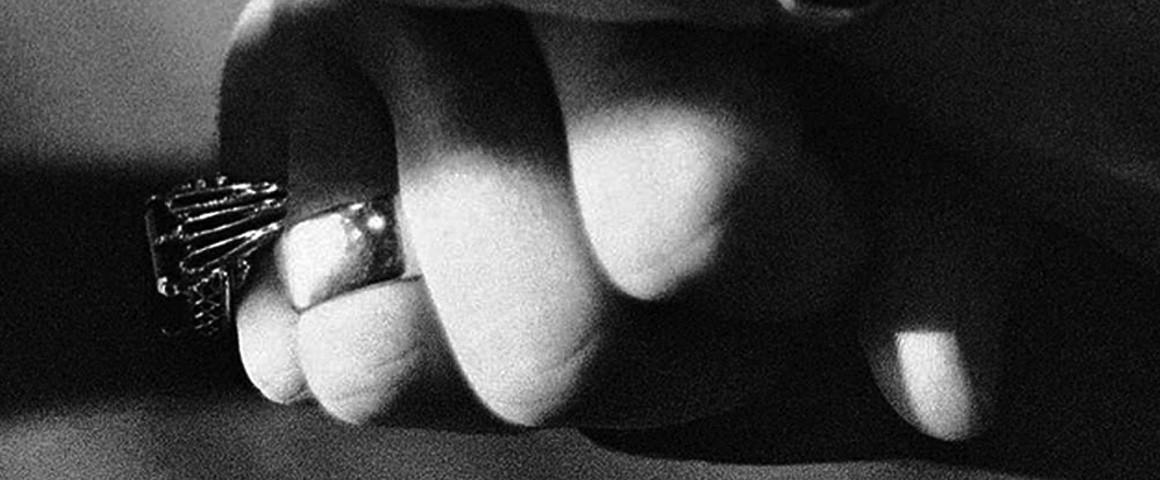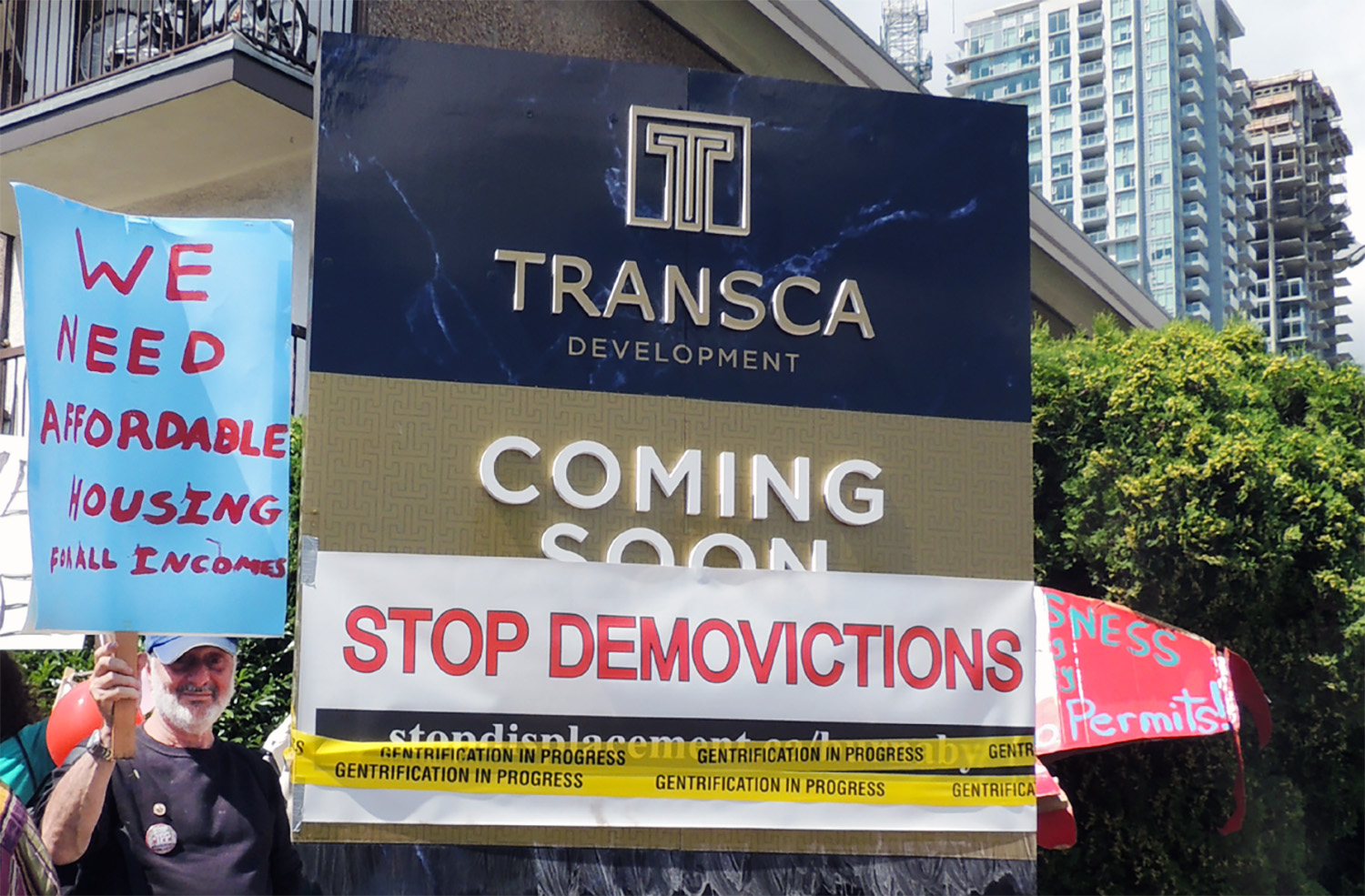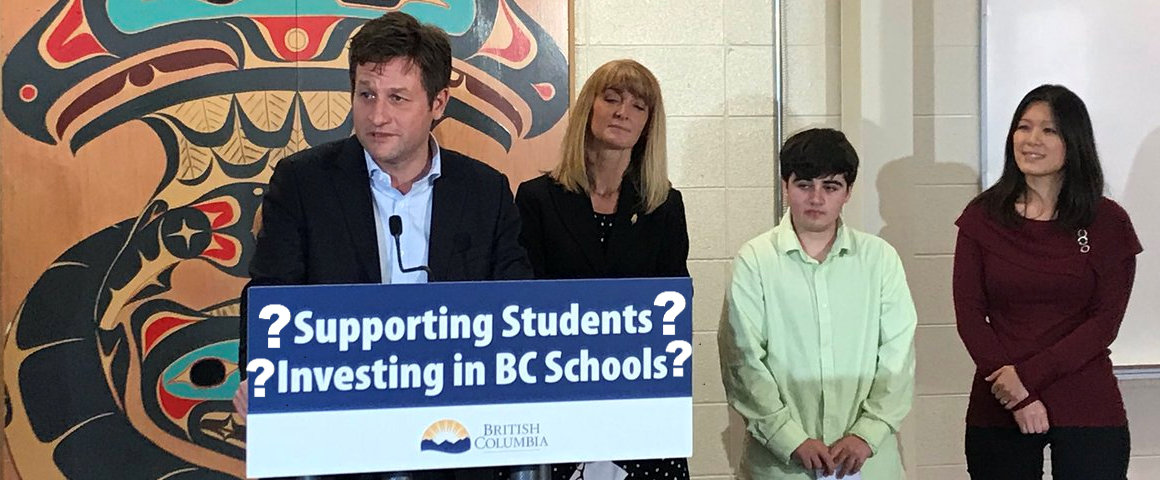More and more upper-income earners in Canada are taking advantage of allowable deductions to avoid paying income taxes.
A CBC News analysis of Canada Revenue Agency (CRA) data compiled all individual income tax and benefit returns filed with the CRA between 2011 and 2014, focused on the top three income brackets: $100,000 to $149,999, $150,000 to $249,999 and $250,000 and over. During those four fiscal years, the number of people who legally avoided paying income tax rose about 50 per cent from 4,050 to 6,110. The number of filers who made more than $250,000 a year and completely avoided taxes doubled. Every year, one out of three income tax returns filed in Canada is considered non-taxable, meaning the tax payable amounts to less than $2. Most of these are filed by low-income residents earning less than $15,000 a year.
The CRA says: “It is possible for individuals classified in the upper income ranges to reduce their tax liability to zero by using deductions such as business or farm losses of previous years and allowable business investment losses, or significant contributions to RRSPs. Tax filers can also use non-refundable tax credits such as charitable donations, or dividend and foreign tax credits.”
In the 2014 tax year, half of the 6,000 high-income non-taxable returns were filed by Quebec and British Columbia residents. Hundreds more came from Ontario and Alberta. More than 450 returns were submitted by citizens working out of country. According to the most recent CRA data, the majority of those who qualify as earning these high incomes would usually be paying between $24,100 and $157,000 in federal and provincial taxes.
Tax policy experts explained to CBC News that rich taxpayers — most of them owners of corporations — can claim most of their earnings as business and investment income in order to benefit from a combination of credits and lower their tax rates. “Our tax system is overly complex and probably benefits people who hire lawyers and accountants to work for them … lower-income people don’t have that option,” says Michael Veall, an economics professor at McMaster University who has spent 30 years studying Canada’s tax system.
Last year, Veall co-authored a study that found nearly half of high-income earner are business owners who can write off most of their income through their corporations, and not pay taxes immediately. That strategy unlocks a trove of “special deals made for business and investment income,” explains Michael Smart, who teaches economics at the University of Toronto.
“Those kinds of income are based on lowest tax rates overall, typically less than you would pay on your salary or wage income as an ordinary Canadian. When you add all of them up, you allow taxpayers to be smart about how to exploit this system.”




